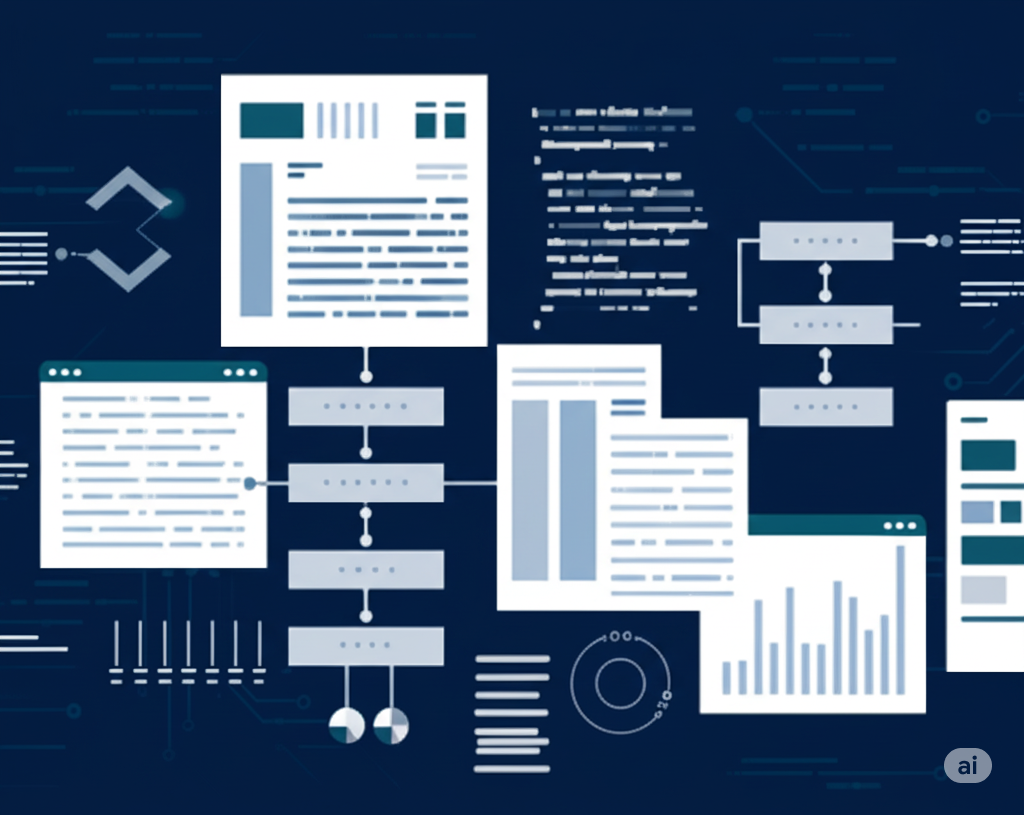The developer role reimagined
July 30, 2025 | 3 min read

As Generative and Agentic AI take on more of the tactical workload, the role of the developer is undergoing a profound transformation. With AI handling much of the routine and repetitive work, developers can focus their attention on the strategic, the creative, and the complex.
From coder to orchestrator
No longer limited to writing every line of code, developers are evolving into architects, strategists, and system orchestrators—guiding intelligent tools rather than simply using them. This shift is redefining what it means to build software and the skills that will shape the future of development.
This marks the emergence of a new kind of developer—one who guides AI agents, reviews outputs, and ensures everything fits together seamlessly. It’s a shift from building in isolation to orchestrating across a dynamic, AI-augmented ecosystem.
New skills for a new era
Agentic AI takes this further. These autonomous systems can understand goals, break them into subtasks, and execute complex workflows. Developers are stepping into the role of directors, defining objectives, interpreting results, and shaping outcomes.
This shift opens the door to deeper, more meaningful work: solving complex problems, refining user experiences, and innovating at the product level. New skills like prompt engineering and AI model tuning are emerging, giving developers new ways to shape how AI contributes to their work. However, technical fluency is only part of the equation. Developers also need creative and strategic thinking to tackle open-ended challenges, enhance user experiences, and systems-level thinking.
More flow, less frustration
As these new capabilities take root, the impact on day-to-day work is becoming clear. Developers using AI tools report higher productivity, more time in a “flow state,” and greater job satisfaction. With mundane tasks offloaded, they’re free to engage with the most rewarding parts of their craft.
The future of software development isn’t just about AI doing the work—it’s about a powerful partnership. From coders to architects, strategists, and orchestrators of intelligent systems, their role is evolving—and it’s more exciting than ever.
Democratizing development
At the same time, GenAI is expanding who can participate in building software. Code generation tools are enabling non-traditional developers, like business analysts and product managers, to create functional applications using natural language. This democratization is opening new doors for innovation and collaboration across teams.
As access broadens, so does the need for oversight. Experienced developers are increasingly stepping into key roles to guide adoption, ensure governance, and integrate these tools into secure, scalable enterprise systems.
The future is collaborative
The last several years have reshaped how software is built—not just in how code is generated, but in how we test it, compile it, and deploy it. And this is just the start. These advancements are not just accelerating development; they’re reshaping the entire lifecycle. And this transformation is still unfolding. The future of development will be built on collaboration between people and technology, working in tandem to solve bigger problems and deliver greater value.
The key to unlocking this future lies in thoughtful integration—of people, processes, and intelligent systems.
Ultimately, this is more than a shift in tools—it’s a shift in mindset. As AI becomes a true collaborator, the developer’s role is being redefined not by what they build, but by how they think, lead, and adapt. The next era of software development will belong to those who can navigate change with curiosity, creativity, and clarity of purpose.





